The views expressed in our content reflect individual perspectives and do not represent the authoritative views of the Baha'i Faith.
I used to have this coffee mug I really liked. It was just the right size and colored a rich deep yellow. If I had a choice of any mug in the cabinet I would always go for that one.
But I don’t have it anymore. One day, my young son grabbed it off the table and smashed it on the ground. His misbehavior shocked me. Sometimes he will throw things if he’s upset and wants to grab my and my wife Mae’s attention. At the time he didn’t appear to be upset about anything. But he was very deliberate. As soon as I stepped far enough away he swooped in and threw the cup to the floor.
 As Mae put him into time-out, I resolved to give him an additional punishment. Mae and I talked it over and concluded that he should have his favorite toys taken away from him for the day, his tiny plastic bulldozer and tractors. When he came out of time-out, I pointed to the mug and explained to him his punishment. I put the toys in a bag. Tears welled up in his eyes. His expressions seemed to combine a longing for his beloved toys and sadness that the two most important people in his life were angry at him. It was sad to watch.
As Mae put him into time-out, I resolved to give him an additional punishment. Mae and I talked it over and concluded that he should have his favorite toys taken away from him for the day, his tiny plastic bulldozer and tractors. When he came out of time-out, I pointed to the mug and explained to him his punishment. I put the toys in a bag. Tears welled up in his eyes. His expressions seemed to combine a longing for his beloved toys and sadness that the two most important people in his life were angry at him. It was sad to watch.
I felt bad afterwards. I didn’t think I had done anything wrong. But I did feel guilty about how my emotions drove the chain of events. I really liked the mug, and my irritation that I wouldn’t have it anymore drove me to insist on a stronger punishment. I felt bad that my disciplinary behavior towards my son was in any way influenced by a silly attachment to something I drink coffee out of.
It could have been much worse. Later on, the thought occurred to me that these are the kinds of situations in which some parents strike their children. I definitely want to be as far away from that as possible. Aggression is never the answer.
The whole thing brought me back to this popular quotation from Abdu’l-Baha:
I charge you all that each one of you concentrate all the thoughts of your heart on love and unity. When a thought of war comes, oppose it by a stronger thought of peace. A thought of hatred must be destroyed by a more powerful thought of love. Thoughts of war bring destruction to all harmony, well-being, restfulness and content. – Paris Talks, p. 22.
Our minds are filled with all kinds of thoughts and feelings which may conflict and pull away from each other. How we choose between them shapes the kind of person we become. Our spirituality deepens and advances when noble inclinations prevail over coarser impulses. The task for me that day was to give clear and unambiguous precedence to my love for son and my understanding of how to raise him.
With that said, it’s also important to remember that “thoughts of war” are a natural part of the human mind. I don’t mean that we all have an urge to kill and maim other people. Rather, what I mean is that some instincts within us never go away. Our desires for food, sleep, sex, or shelter come from deep-seated human needs. If we didn’t have them we might actually forgo certain activities that are essential to our physical existence. These primitive parts of the mind create emotions like greed, fear, panic, or obsession. In the wild, these instincts help us survive. But in civilization they must be tightly controlled.
Everyone balances these animal impulses with more spiritual qualities, such as generosity, rationality, detachment, or forgiveness. It’s good to try to develop as many of those positive spiritual qualities as we can. But I think it’s simply a fact of human nature that our lower impulses don’t totally go away. We just need to learn how to keep them from taking over our thoughts and behavior.
No matter what I do, I’ll have impulses that must be countered with “thoughts of peace.” I’ll probably always get cranky and irritable when I’m tired. I’ll jealously hold on to the small moments of ease and comfort I try to have every day. I’ll probably always feel an urge to take more than my fair share of the crisp golden rice at the bottom of the cooking pot. But I try not to let that get me down. The mind is a complex thing. What matters is that my words and deeds are shaped by the more spiritual aspects of my being, not just the parts of me that really like coffee.







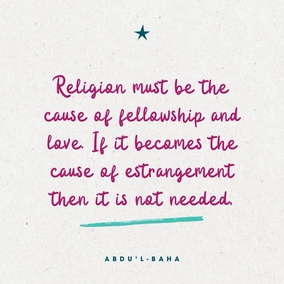
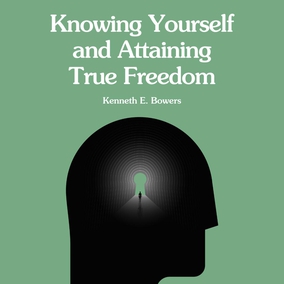
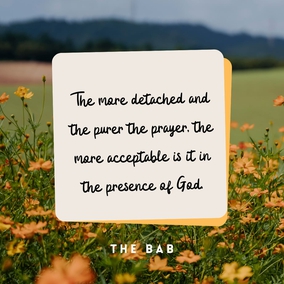
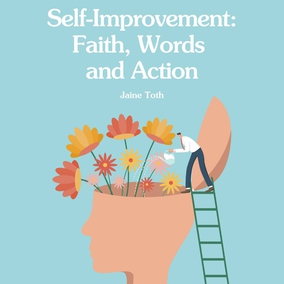

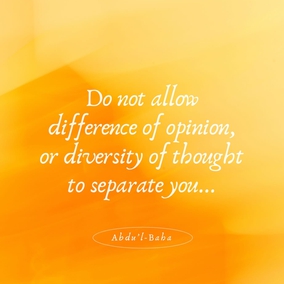
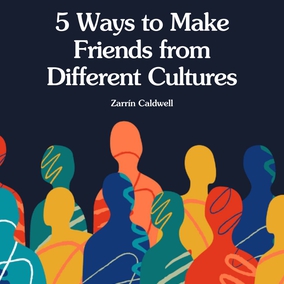
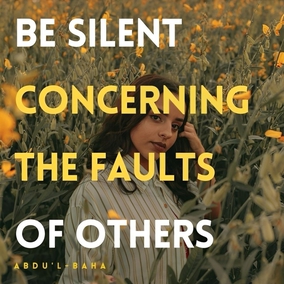

Comments
Sign in or create an account
Continue with Googleor